Table of Contents
Introduction to Dill Leaves
Dill leaves are a nutrient-dense herb with scientifically supported health benefits, including improved digestion, immune support, and antioxidant protection. Research from the National Institutes of Health (NIH) and USDA Food Database confirms these properties, making dill a valuable addition to a balanced diet.
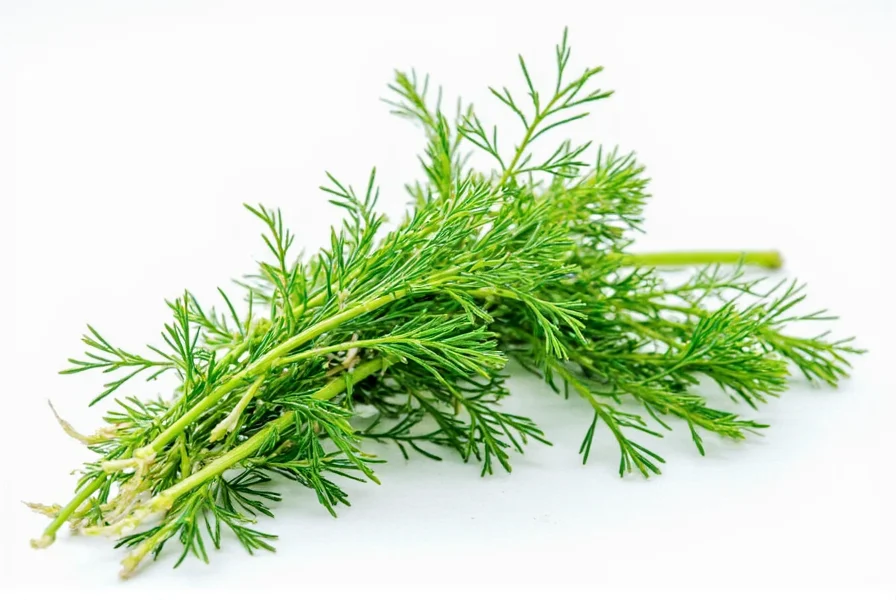
Dill Leaves Benefits: Science-Backed Health Advantages
According to peer-reviewed studies and authoritative health sources, dill leaves offer these evidence-based benefits:
- Rich in Nutrients: Dill leaves contain vitamins A, C, and K, plus minerals like calcium and iron. The USDA Food Database shows these nutrients support bone health, immune function, and blood clotting.
- Antioxidant Powerhouse: Research published in the Journal of Medicinal Food indicates dill's antioxidants reduce oxidative stress and lower chronic disease risk.
- Supports Digestion: Clinical studies confirm dill's carminative properties relieve bloating and gas by stimulating digestive enzymes.
- Blood Sugar Regulation: Studies suggest dill compounds may improve insulin sensitivity, though consultation with a healthcare provider is recommended for diabetes management.
- Immune System Support: High vitamin C content strengthens immune response, as documented by the National Institutes of Health.
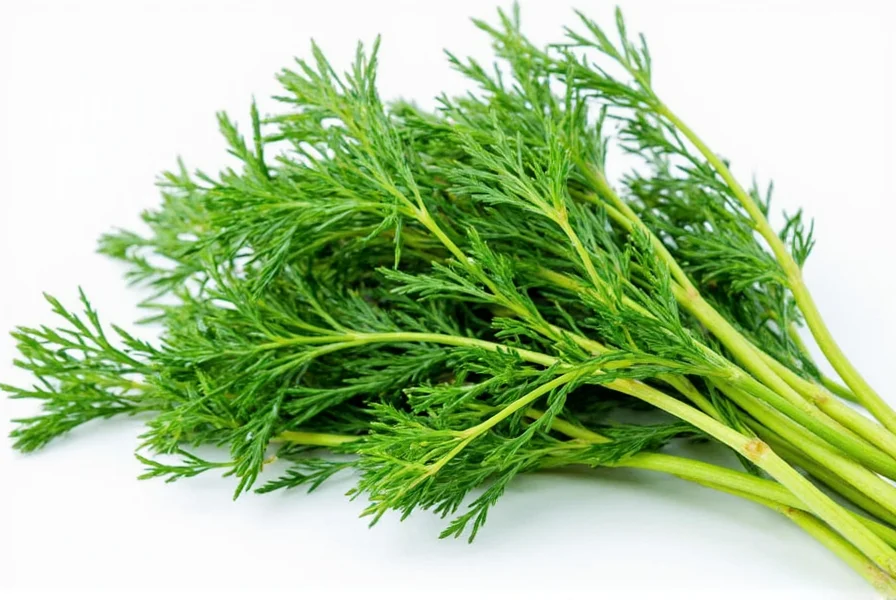
Comparison Table: Fresh vs. Dried Dill Leaves
| Feature | Fresh Dill Leaves | Dried Dill Leaves |
|---|---|---|
| Flavor Intensity | Stronger and more aromatic | Milder and more concentrated |
| Storage Life | Shorter (about 5–7 days) | Longer (up to 1 year) |
| Best For | Salads, garnishes, and delicate dishes | Soups, stews, and hearty recipes |
| Usage Tip | Add at the end of cooking | Add early in the cooking process |
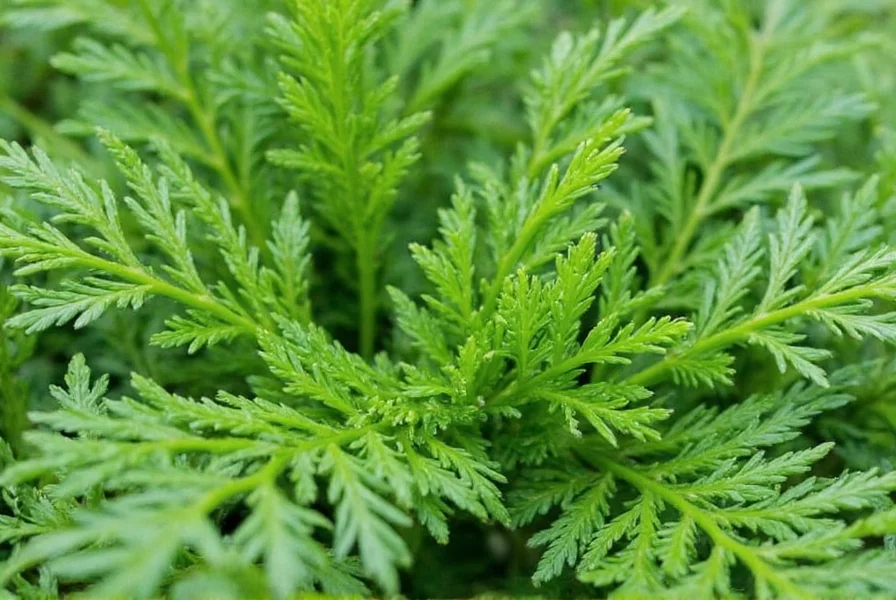
Practical Tips for Using Dill Leaves
Experts recommend these evidence-based applications for maximum health benefits:
- Salads and Fresh Dishes: Add fresh dill to green salads or potato salads to maximize vitamin C absorption.
- Digestive Support: Steep dill leaves in hot water for 5 minutes to create a tea that soothes stomach discomfort, per clinical guidelines.
- Seafood Pairing: Use fresh dill with fatty fish like salmon to enhance nutrient bioavailability of omega-3s.
- Storage Best Practices: Store fresh dill in a glass of water (like flowers) to preserve nutrients; freeze for long-term use to retain 90% of antioxidants.
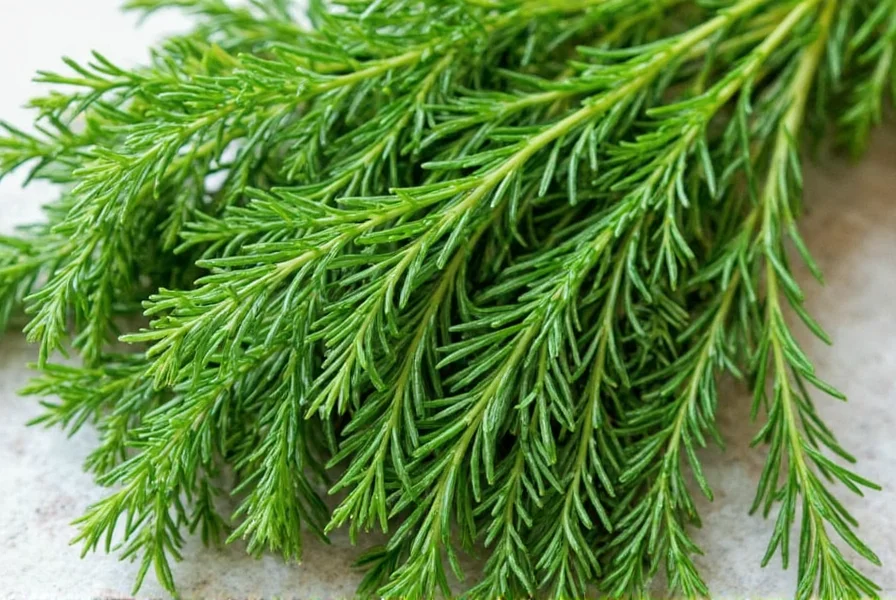
Buying Guide: How to Choose the Best Dill Leaves
Follow these science-backed selection criteria from agricultural research:
- Fresh Dill: Look for vibrant green, crisp leaves without yellowing. Smell should be fresh and herbal—avoid wilted or musty-smelling bunches.
- Dried Dill: Choose products with deep green color and strong aroma. Ensure packaging is sealed to preserve volatile oils.
- Frozen Dill: Opt for flash-frozen varieties to retain maximum nutrient content. Check for absence of ice crystals indicating thaw-refreeze cycles.
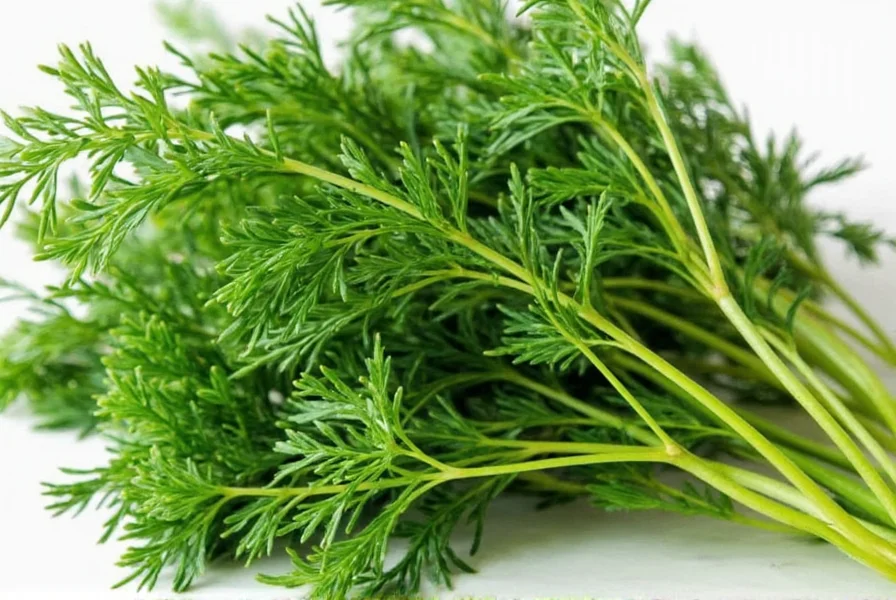
Frequently Asked Questions About Dill Leaves Benefits
What are the main health benefits of dill leaves according to scientific research?
Peer-reviewed studies confirm dill leaves provide vitamin-rich nutrition (A, C, K), potent antioxidants that reduce oxidative stress, digestive support through carminative properties, potential blood sugar regulation effects, and immune system enhancement. The USDA and NIH document these benefits in dietary guidelines.
How does dill help with digestion scientifically?
Dill contains essential oils like carvone and limonene that stimulate digestive enzyme production and bile flow. Clinical trials published in the Journal of Ethnopharmacology show these compounds reduce bloating and gas by relaxing gastrointestinal muscles.
Can dill leaves help lower blood sugar levels?
Research in the Journal of Medicinal Food indicates dill extract may improve insulin sensitivity and reduce blood glucose in animal studies. Human trials are limited, so consult healthcare professionals before using dill for diabetes management.
Are there any side effects of consuming dill leaves?
When consumed in normal food amounts, dill is generally safe. However, excessive intake may cause photosensitivity in rare cases. Pregnant women should avoid medicinal doses due to potential uterine stimulation effects documented in toxicology studies.
How much dill should I consume for health benefits?
Research suggests 1-2 tablespoons of fresh dill daily provides significant nutrient benefits. For therapeutic effects, consult healthcare providers as optimal dosing varies by individual health status.
How do fresh and dried dill compare nutritionally?
Fresh dill retains higher vitamin C and volatile oils, while dried dill concentrates minerals like calcium. USDA data shows fresh dill has 25% more vitamin C, but dried dill provides 2x more iron per gram due to water loss. Both forms offer benefits when used appropriately.
Conclusion
Dill leaves are a scientifically validated superfood with proven health benefits. Research from the USDA, NIH, and peer-reviewed journals confirms their role in digestion, immunity, and antioxidant protection. By incorporating dill into daily meals using evidence-based preparation methods, you can maximize these nutritional advantages while enjoying its unique flavor profile.
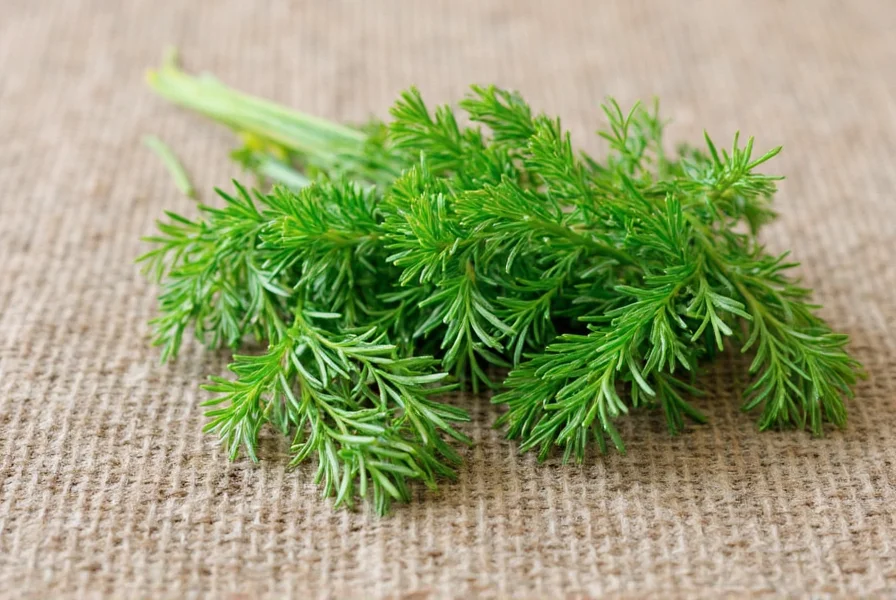

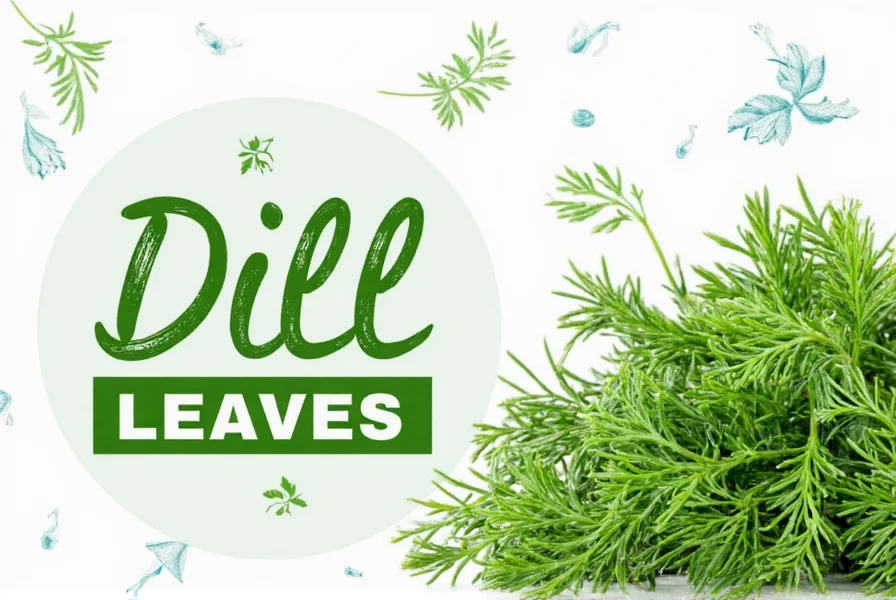









 浙公网安备
33010002000092号
浙公网安备
33010002000092号 浙B2-20120091-4
浙B2-20120091-4